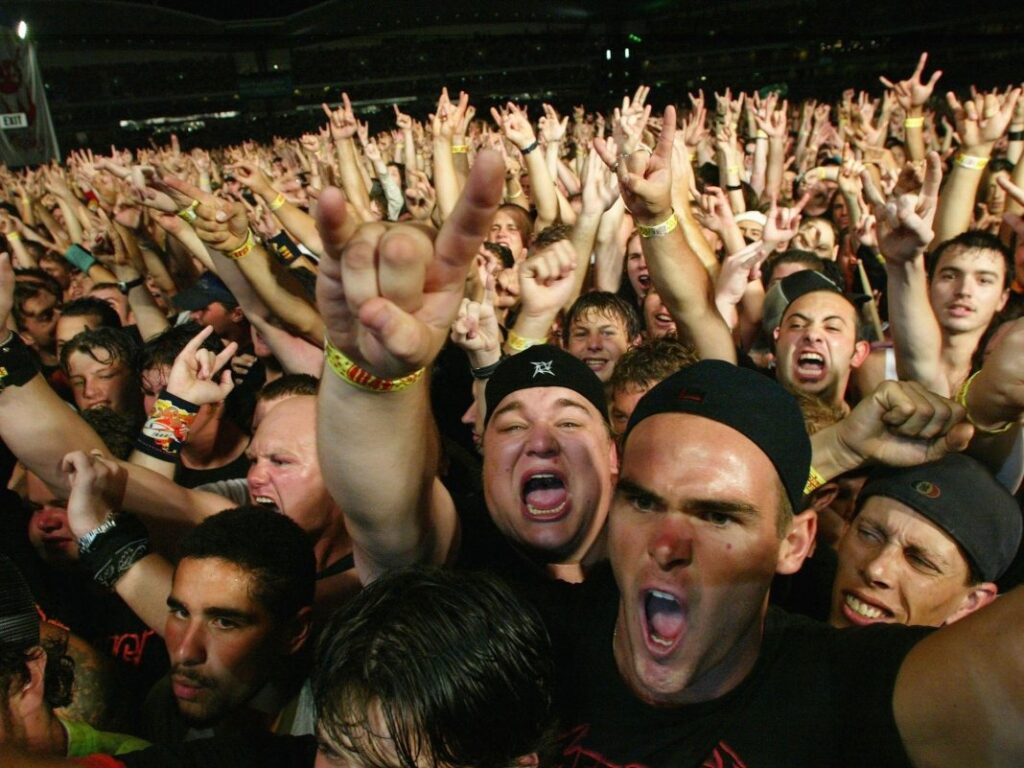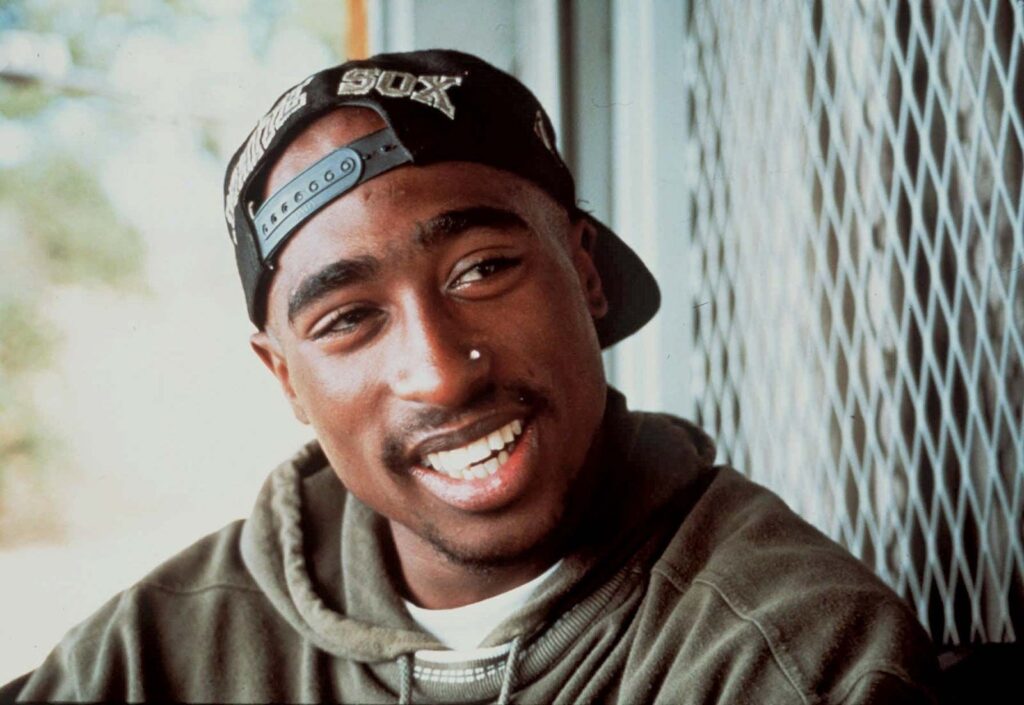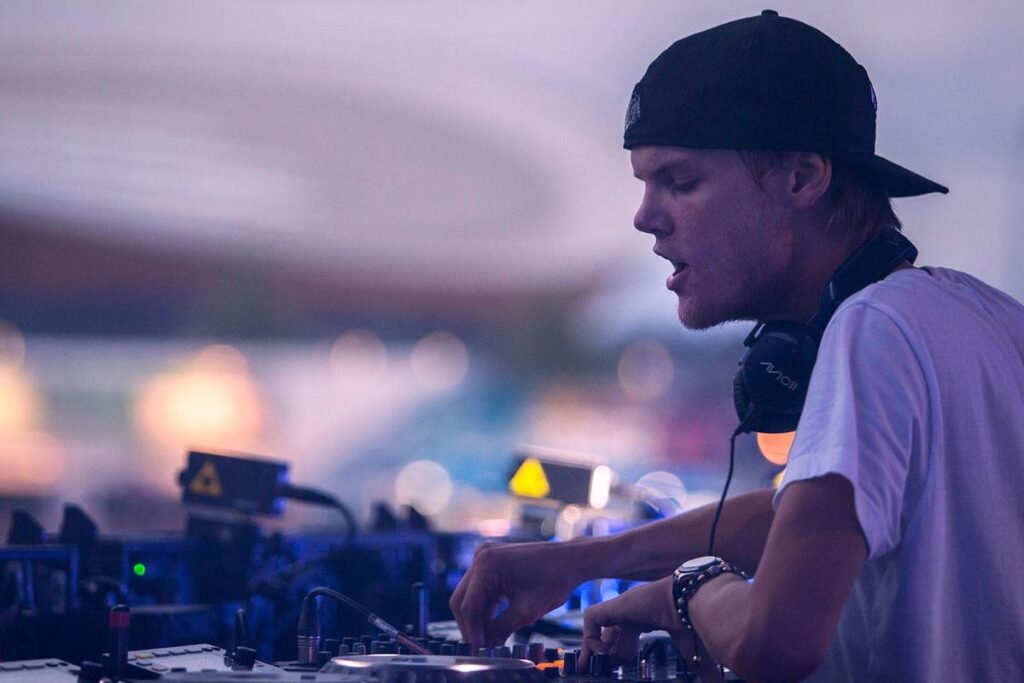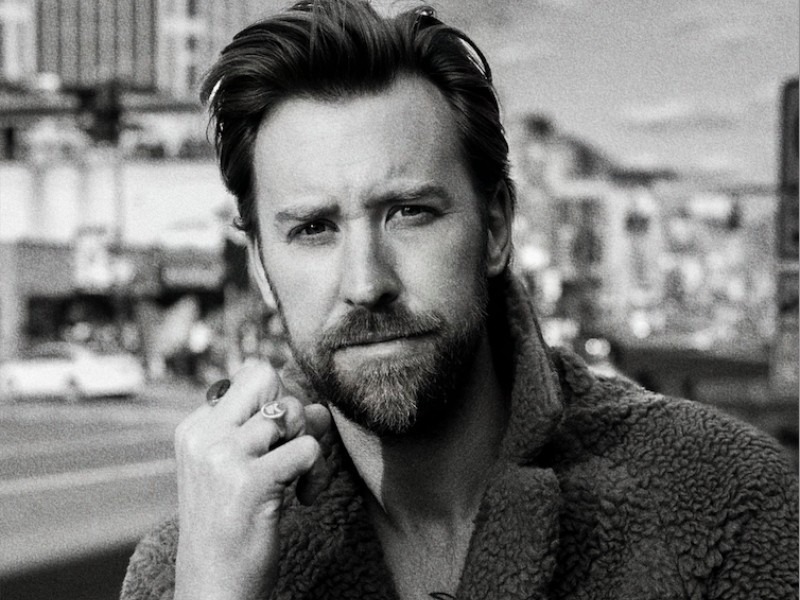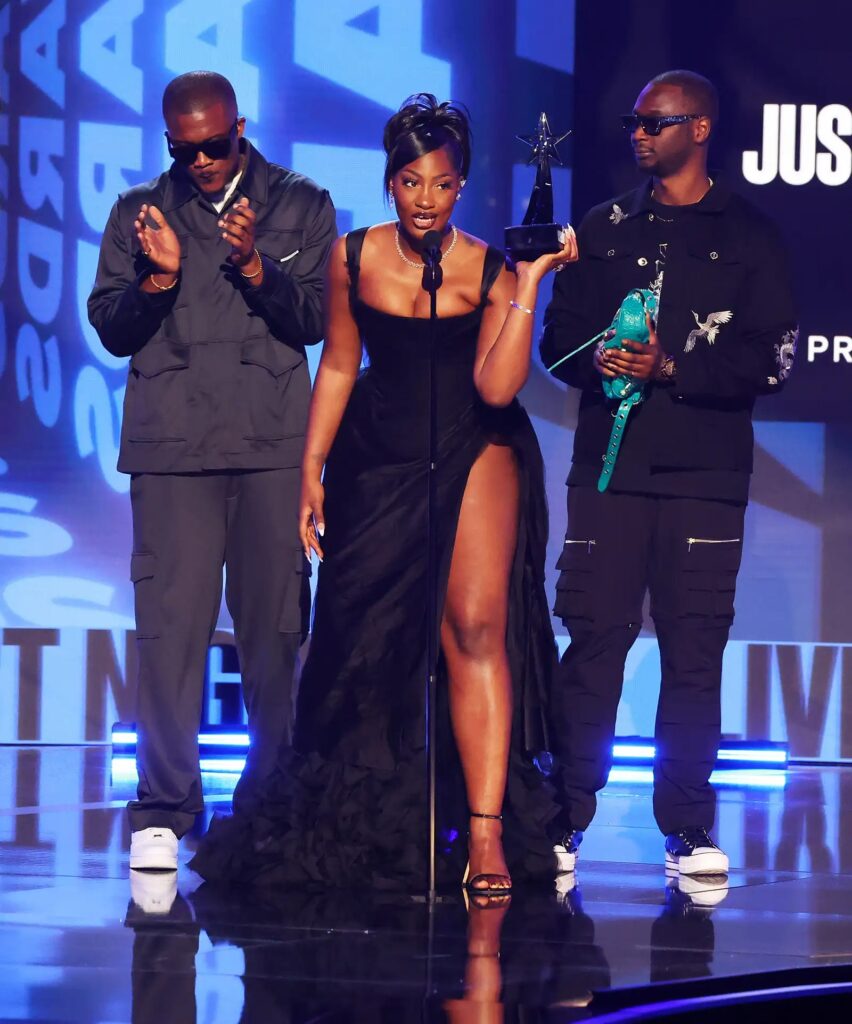Five new music genres to listen to in 2023
Written by WOM writer on December 30, 2022
Will 2023 be the year for Jersey drill or post-hyperpop? We look at the new pop genres about to burst through to the mainstream.
They say that genre is dead, and they’re kind of right. We are getting used to a world without pop tribalism, where emos, punks and pop kids all sit at the same lunch table, and where playlists are sorted by mood more than sound. Yet even in this era of sonic slowdown, new styles continue to sprout up from strange corners of the internet and globalised communities. From niche dance styles blowing up on Nigerian TikTok to e-girls making Auto-Tuned punk in their bedrooms, there are still plenty of weird new genres to go around – they’re just not as easily organised into HMV’s racks and dividers (ask your parents). In a foolhardy attempt at taxonomy that will infuriate both artists and fans – as is traditional – here we have identified five of the most exciting new genres ready to blow up in 2023.
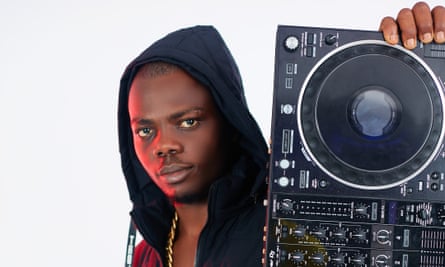 DJ Cora Photograph: Sygthecreator/Empire Photography
DJ Cora Photograph: Sygthecreator/Empire Photography
Nigerian cruise
Nigeria is a global hit factory, dominating charts this year via Burna Boy’s fusionist afropop and Tems’ smooth alté soul. But in the “trenches” of Lagos, the poor outskirts of the city, a different sound is brewing. Cruise music, or freebeat, is a pointed rejection of the sleek grooves of afrobeats and trendy amapiano. Instead, scene leaders such as DJ Cora and DJ Stainless knock up chaotic grids of vocal drops, one-finger synths and tumbling log drums that hurtle along at techno speed – similar in vibe to the jerky rhythms of Tanzanian singeli or Shangaan electro. The style has been a hit with dancers at New Afrika Shrine, the Lagos club owned by Femi Kuti, and its palpable sense of humour is also winning fans on Nigerian TikTok. Ian McQuaid of the UK label Moves was instantly hooked when he came across the #cruise tag on TikTok; the four compilations he has released since May are bite-sized intros to the scene. Tracks such as the malevolent Kill Them All by DJ Stainless won’t be bothering the charts, but with superstars like Olamide catching on, as on cruise-tinged hit ZaZoo Zehh, crossover success may beckon.
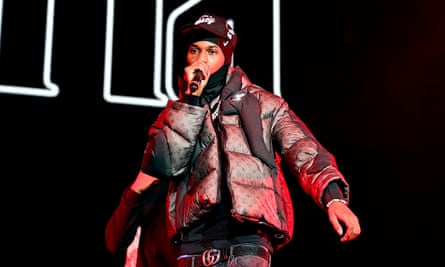 Bandmanrill performs onstage during Powerhouse NYC. Photograph: Roy Rochlin/Getty Images for iHeartRadio
Bandmanrill performs onstage during Powerhouse NYC. Photograph: Roy Rochlin/Getty Images for iHeartRadio
Jersey drill
Jersey club is the sample-twisting, triplet-bouncing club style that emerged from the brick wastes of Newark, NJ, at the turn of the century and remains the soundtrack to high school parties and dance battles in the city. Drill, in this case, is the New York City variant of the spartan, bass-loaded rap style that originated in Chicago in the mid-2010s. Put them together and what have you got? Something very fast and very exhausting. Newark’s Bandmanrill is setting the benchmark with his redlining raps over thunderous beats and chipmunk vocals, most memorably a version of T2’s bassline anthem Heartbroken. Jersey club is maximalist stuff already, famous for filling the frame with the sound effects of squeaky bedsprings and chopped vocals hitting every beat in the bar – so throw in a mile-a-minute rap verse and there’s not much breathing room left. The next logical step is surely for UK drillers to get involved: Central Cee, hop on that remix.
 Teenage rapper-producer Quinn Photograph: Ceimeo
Teenage rapper-producer Quinn Photograph: Ceimeo
Post-hyperpop
In 2022, we hit peak hyperpop. As soon as Spotify had bundled a generation of alt-pop practitioners on to the same playlist and given them a name, it was all over. In keeping with gen Z’s preference for things to look and sound kind of … crud, we’re now hearing a shift away from the chrome-edged pop of Caroline Polachek and Dorian Electra towards messy, lo-fi pop that really does sound like it was made in someone’s (messy) bedroom. Teenage rapper-producer Quinn, formerly lumped in with the hyperpoppers, has doubled down on the raw and ephemeral aspects of her self-produced style (“Give a fuck if it’s ass,” as she quips on the track Warm and Fuzzy) while punkier prospects such as Bladee, Daine and 100 Gecs are doing faux-naif mashups of emo, trap and glitch. It’s a stylistic rebellion against “cheugy” millennial minimalism; music to soundtrack the “photo dump” rather than the perfectly posed selfie.
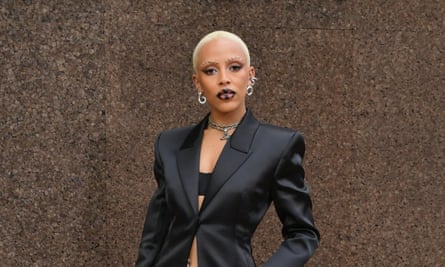 Doja Cat at Paris fashion week. Photograph: Dominique Charriau/WireImage
Doja Cat at Paris fashion week. Photograph: Dominique Charriau/WireImage
TikTokCore
In 2018, the pop critic Jon Caramanica coined “Spotifycore” to describe the mellow pop hits then dominating streaming playlists, despite being totally unremarkable. Why were they so popular? Because, he conjectured, who’d bother skipping a track as inoffensive as Sasha Alex Sloan’s sad-girl anthem Older (252m plays)? But Spotify is o-v-e-r as far as music execs are concerned – it’s all about TikTok now, where viral hits are made when users latch on to the same song to soundtrack their dance, skit or transformation video. Unsurprisingly, a stupidly catchy melody is useful – which is why rapper Doja Cat is the undisputed queen of TikTokCore – but so is having a distinct “drop” to soundtrack a “reveal” element like an outfit change, as in Haroinfather’s twinkly rap dirge Tunnel of Love. In keeping with TikTok’s emphasis on DIY creativity, it should never sound professional – for best results, blast a wobbling trap beat off your laptop speakers while recording into your iPhone. The result should be a raggedy, parent-scaring monstrosity along the lines of Peter Kuli & Jed Will’s OK Boomer, the distorted epitome of TikTokCore.
 Davido at the O2 Arena, London. Photograph: Lorne Thomson/Redferns
Davido at the O2 Arena, London. Photograph: Lorne Thomson/Redferns
Afro Jams
First of all, lumping a wave of new music from Africa into one catch-all category is horribly reductive and doesn’t do anything to advance outsiders’ knowledge of the vast and varied musical traditions of a continent. But … the world is getting smaller. African exports have gone global, particularly artists from Nigeria such as Wizkid and Davido, and shades of the Afropop and amapiano genres can be heard on UK radio at all times of day. Their success is nudging the door open for artists from less familiar hotspots, who might fuse styles such as zouk, kizomba and coupé-décalé with the transatlantic rhythms of dancehall, trap and house. This swell of creativity is gradually being noticed outside the usual channels, with the US rap blog Passionweiss this year launching a weekly column under the banner of Afro Jams, where writer Leonel celebrates artists from Ivory Coast, Guinea-Bissau, Somalia and Rwanda. There is no fixed style; it’s all about diversity, multiplicity and the fusion of folk and future. Is it a genre? A movement? No. But if more African pop doesn’t make it into your ears next year, something has gone badly wrong.
Source: Chal Ravens – theguardian.com
